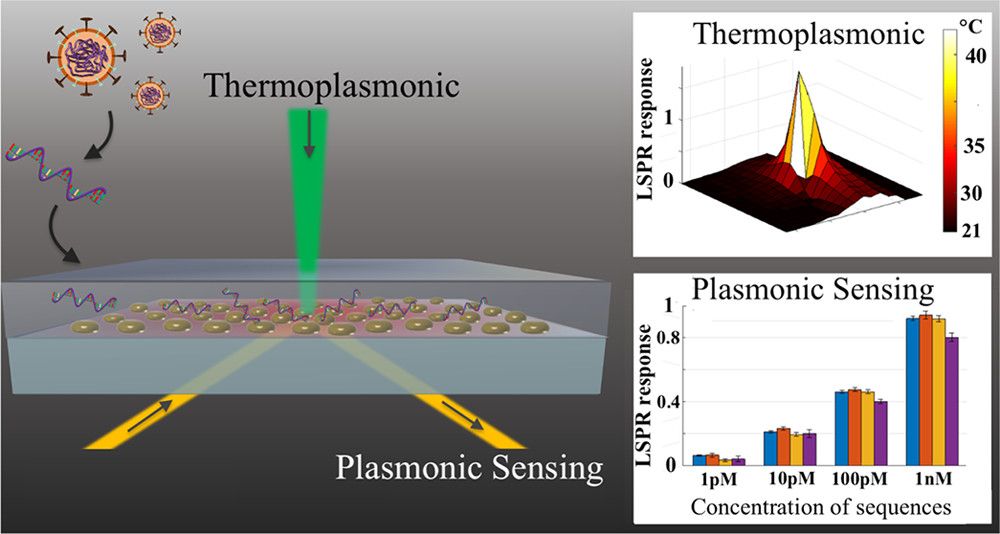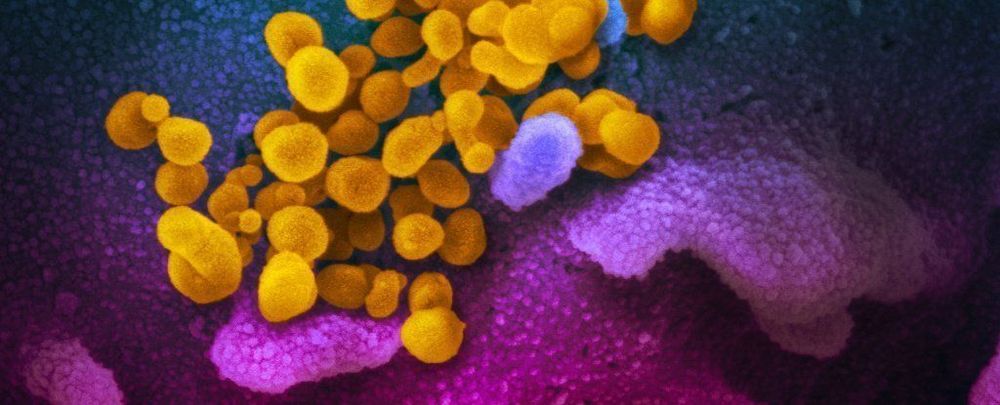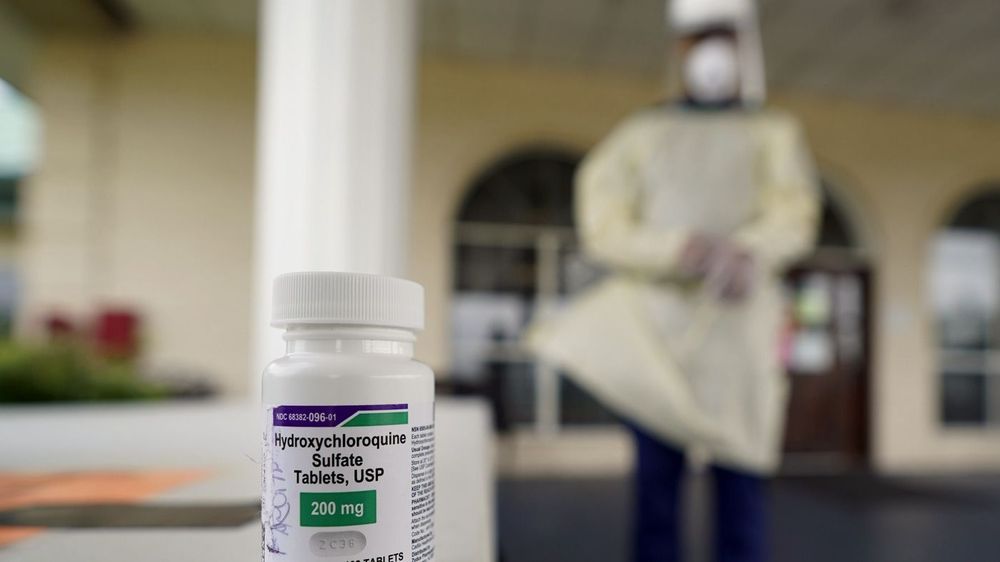Apr 16, 2020
Health ministry says 400,000 could die in Japan without virus containment measures
Posted by Quinn Sena in categories: biotech/medical, government, health
Editor’s note: The story has been updated.
Japan could see some 850,000 people seriously sickened by the coronavirus and almost half of them dying if no social distancing or other measures are followed, according to an expert estimate released Wednesday.
Japan has the world’s oldest population, which is a particular concern since COVID-19 can be especially serious and fatal in the elderly. And there are concerns that Japan’s government has done too little and acted too late to stave off high numbers of seriously ill patients.
















